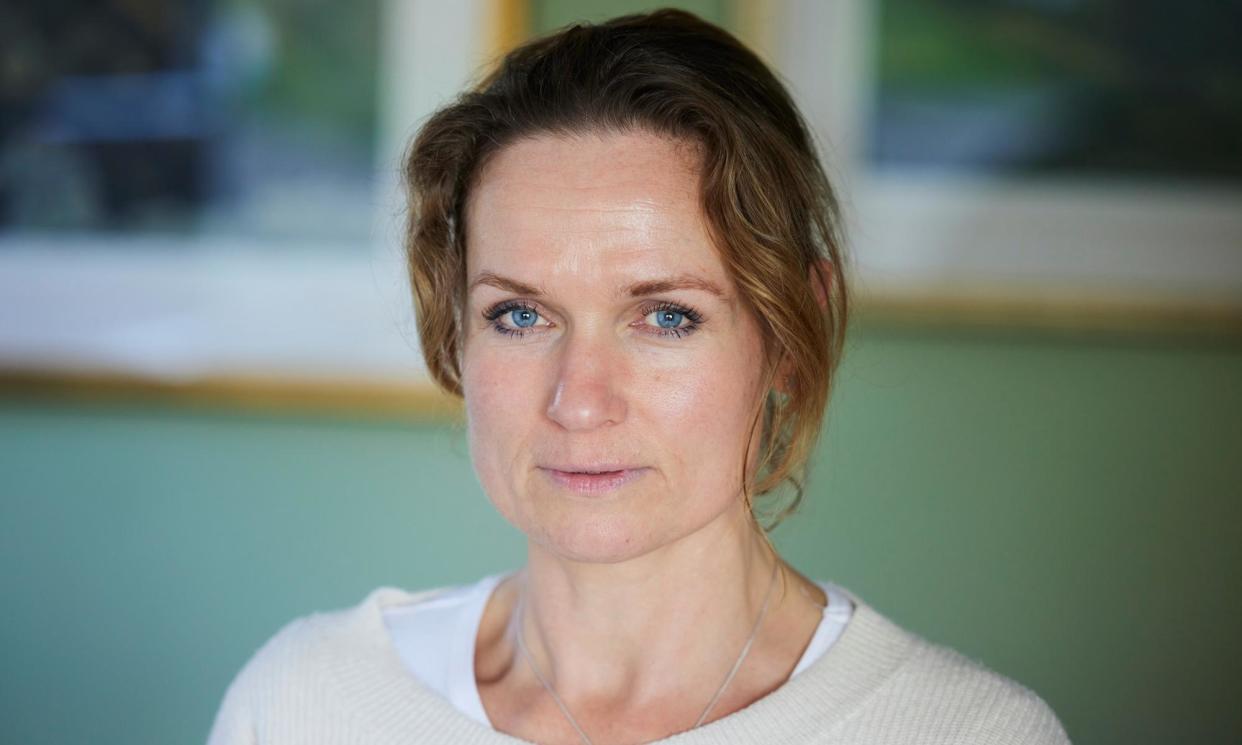Gun crime survivors create scheme to stop violent partners owning firearms

Survivors of gun crime committed by violent and coercive partners have worked with police to create a groundbreaking scheme designed to stop more dangerous offenders being allowed licensed firearms.
The women have helped police frame a questionnaire that firearms officers will put to the partners of people wanting a licence, which it is hoped will flag up issues such as a propensity to violence or mental health problems.
Five English and Welsh forces have used the scheme, called Project Titanium, and licences have already been refused or revoked.
The scheme, launched by Gwent police in south Wales and so far trialled by the Met, Cambridgeshire, Bedfordshire and Hertfordshire forces, has been inspired and informed by the survivors Rhianon Bragg and Rachel Williams.
Bragg was stalked and held hostage at gunpoint for eight hours overnight by her former partner Gareth Wyn Jones after she ended their relationship. She had repeatedly told police in north Wales he was menacing her and her four children and his licensed firearms were seized but no further action was taken and his weapons were returned.
Rachel Williams suffered serious leg injuries when she was blasted with a shotgun by her former partner Darren Williams after he burst into the hair salon in south Wales where she worked. Like Bragg, she has become a vocal campaigner on gun control.
A criticism of the gun licensing system in England and Wales has been that the voices of partners have often not been heard, even though they may be best placed to highlight any dangers.
Under Project Titanium, partners are asked 30 questions, including: “Would your partner ever get professional help if they had any mental health issues?”, “Would your partner ever hurt an animal?”, “Has your partner ever threatened to use, or has used a weapon on you?”
More than 5,000 firearms and shotgun licence grants and renewals have been completed using the Project Titanium questionnaire since trials began in May 2023. Seven licences have been revoked or refused and more forces across England and Wales are looking to adopt it.
Bragg said: “It’s incredible to be able to take the horrific experience I had at the hands of a licensed gun holder, and to change it into something which potentially goes on to save the lives of others, and to help remove weapons from people who shouldn’t hold them. To think that I might have been able to even help one person by doing this, that’s such a positive, such a light in a horrifically dark situation.
“Developing Project Titanium has helped me regain some of the confidence that I had lost through coercive control. I feel more like myself, more capable, than I have for years.
“This was never about unnecessarily preventing or limiting shooting; it has simply been about making the UK a safer place for the whole population.
“An abuser doesn’t have to point a gun at someone and threaten to kill them as I experienced, in order to scare a victim. The knowledge that your abuser simply possesses guns is threatening in itself. You never quite know when they may use a gun against you, but you know there is the potential.
“The feedback received from the forces involved has been incredible. Nothing but positive. The changes are easy, cost-effective and successful – it really is a case of ‘what’s not to like?’. Why wouldn’t you choose to implement them?”
The idea for Project Titanium came out of a conversation between Rachel Williams and a Gwent police firearms licensing officer who asked her what needed to be done to keep more people safe. Williams was surprised when she learned there was no questionnaire routinely sent to partners of people who wanted guns.
“There was nothing in place like this before,” Williams said. “This is definitely going to save lives.”
The National Police Chiefs’ Council said: “Since last year, several forces have trialled the introduction of more detailed questioning as part of the licensing process to proactively identify additional concerns around an applicant which would prevent a firearms licence being given. The results of these trials are now being assessed, however the feedback received so far has been positive.”
Insp Jodie Davies, of Gwent police’s firearms licensing department, who developed the scheme with Bragg and Williams, said a key aim was to make sure people closest to applicants were heard.
She said: “It’s allowing the partners or family members to have a voice in the process and ensuring they are able to tell us information that perhaps we don’t know. Who would know that person better than the partner or family member in the household? I do think, if it hasn’t done already, it will prevent serious harm.”


